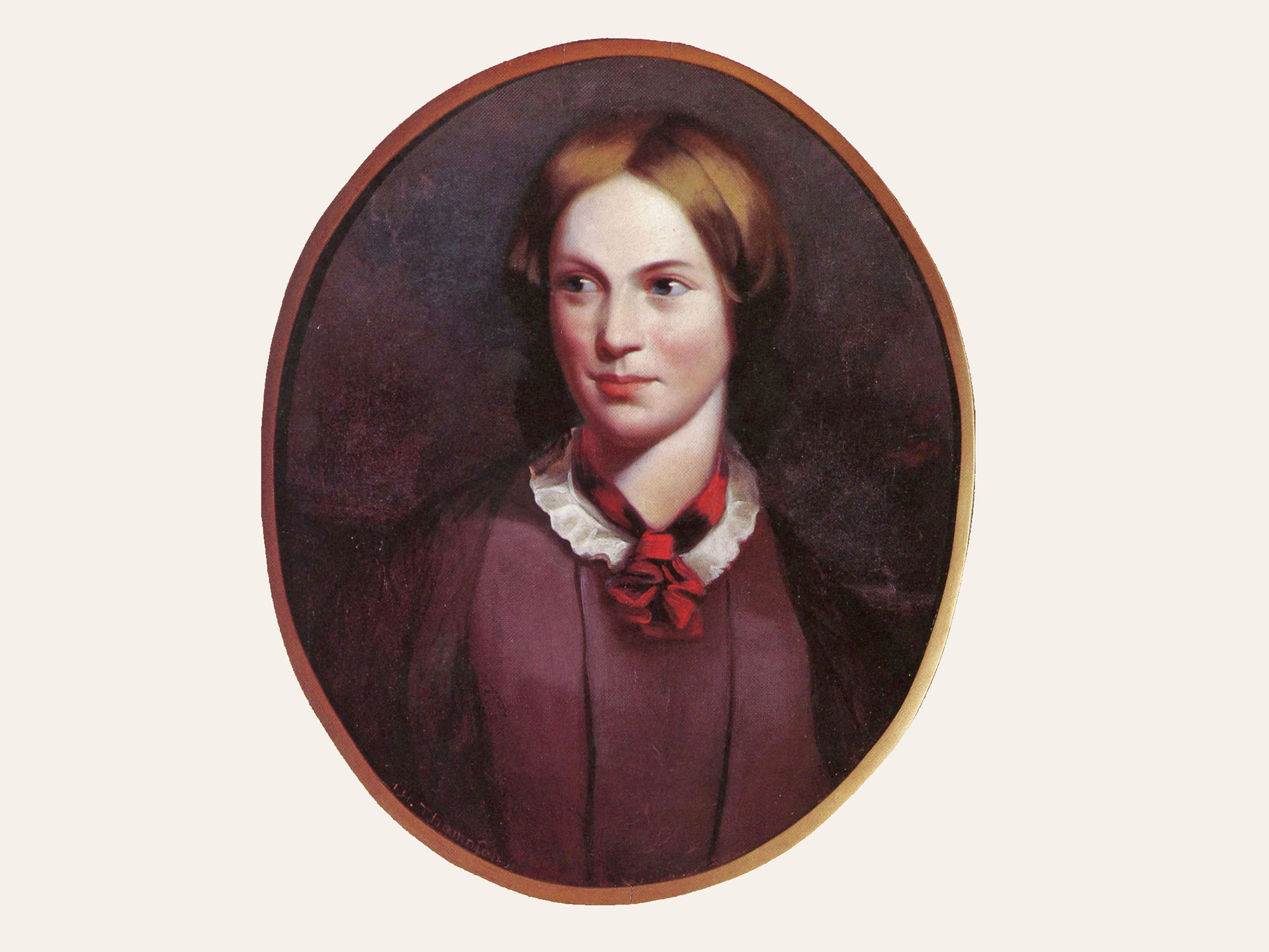Some years ago a sassy Osaka lady asked me to introduce her to the pleasures of Western literature. I duly handed her a variety of classic books, including "The Turn of the Screw," "Heart of Darkness," "Lolita" and "A Study in Scarlet." They were all methodically if unenthusiastically read, but when I presented her with a copy of Charlotte Bronte's "Jane Eyre," she devoured the book, raved about it, rereading it again and again.
Japan seem to be besotted with the three Bronte sisters: Charlotte, Emily and Anne. It's a fascination that goes beyond reading and imagining. A disproportionately high number of Japanese women visit the Bronte's home village of Haworth in the north of England each year, a pilgrimage that has recently been turned into the subject of a novel by Man Booker Prize-shortlisted author Mick Jackson, "Yuki Chan in Bronte Country."
Charlotte's "Jane Eyre" may have bewitched generations of Japanese readers, but Emily's "Wuthering Heights" (rendered as "Arashigaoka" in Japanese) arguably stands as the most influential novel in Japan written by a non-Japanese woman. It inspired a 1988 Japanese film adaptation, which replaces the wild Yorkshire moors with a rocky Japanese volcano, but has also had a profound influence on some of the country's most important 20th-century women writers, such as Yuko Tsushima and Taeko Kono.



















With your current subscription plan you can comment on stories. However, before writing your first comment, please create a display name in the Profile section of your subscriber account page.